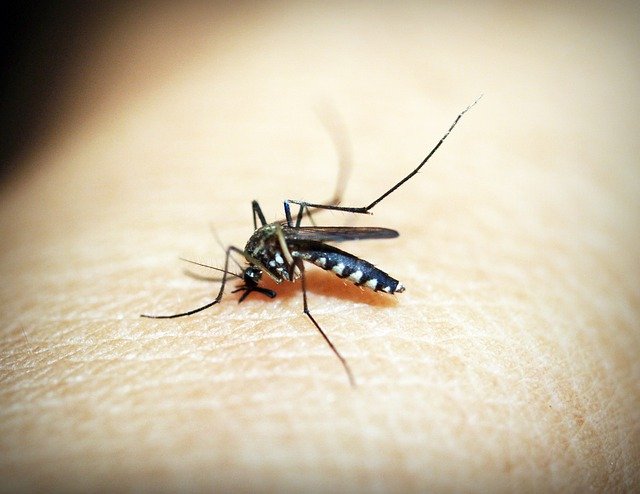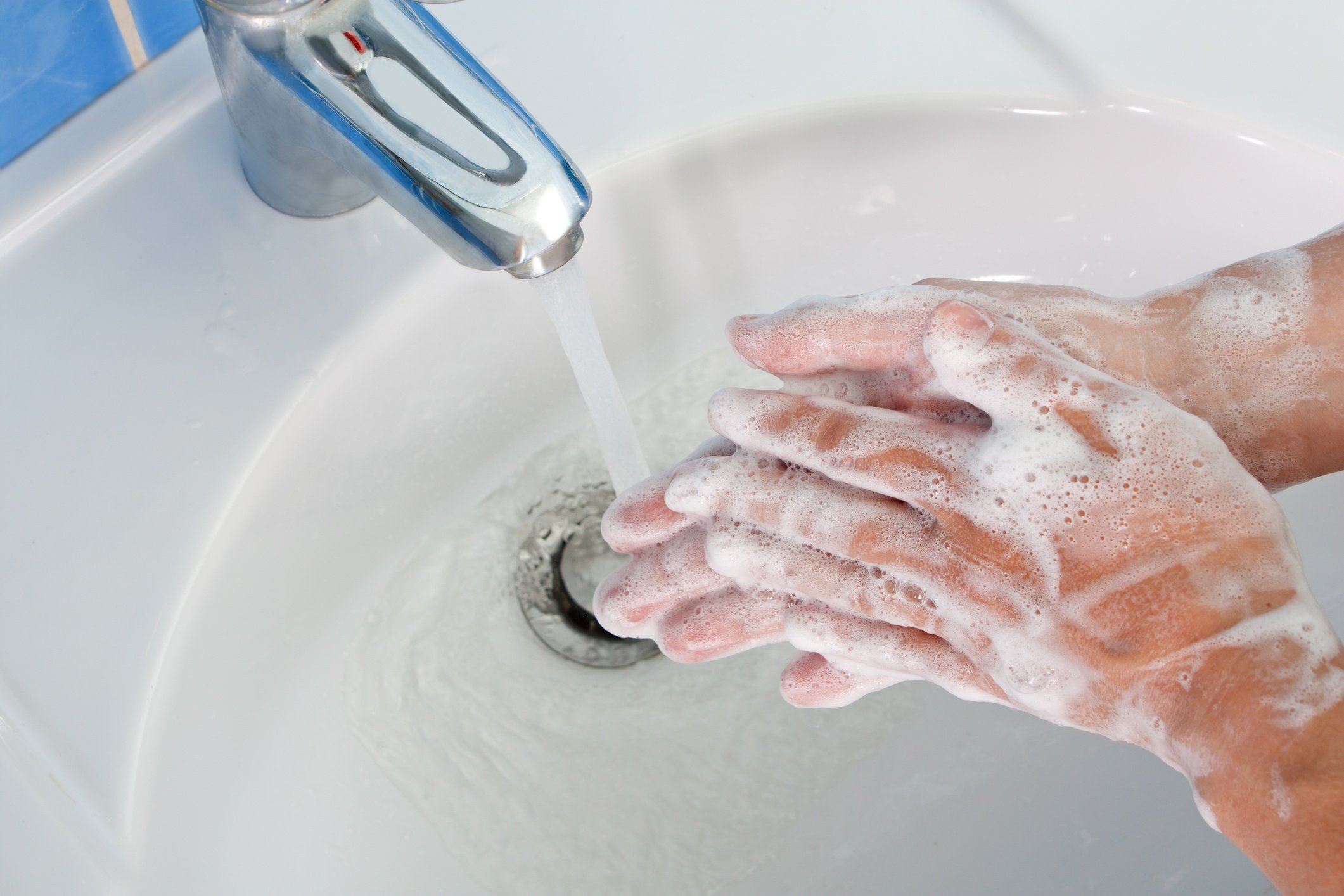
How Are Infections Spread?
Microorganisms, such as bacteria, viruses, fungi, and parasites, typically cause infectious diseases. These microbes are not always harmful to we have thousands of simple organisms living in and on our bodies. Although, under certain conditions, bacteria can cause disease.
Infectious disease is transmitted in various ways. Many contagious diseases only cause minor complications, but some can become life-threatening. Some infections may even remain dormant and appear again in the future. For example, someone who has had chickenpox may develop shingles later in life.
How does disease spread?
Direct contact:
The most common way an infectious disease spreads is from person to person. Transmission occurs when an infected person touches or exchanges bodily fluids with another person. This transfer typically happens before an infected person is aware of the infection.
Some infectious disease transmitted from animal to person. This can happen if an infected animal bites or scratches you. You can also contract an infection by handling animal waste. For example, you can acquire a toxoplasmosis infection from changing your cat’s litter box.
A few infectious diseases are transmitted from mother to unborn child. Pregnant women can pass infection-causing germs to their children through the placenta during pregnancy, or the vagina during birth.
Indirect contact:
 Insect bites can cause infectious disease. Insects, such as mosquitoes, fleas, and ticks, become infected when they feed on infected hosts, like birds, animals, and humans. The disease then transmits when the insect bites a new host. This is how Malaria, West Nile virus, and Lyme disease are transmitted.
Insect bites can cause infectious disease. Insects, such as mosquitoes, fleas, and ticks, become infected when they feed on infected hosts, like birds, animals, and humans. The disease then transmits when the insect bites a new host. This is how Malaria, West Nile virus, and Lyme disease are transmitted.
Infectious disease can are spread through contaminated food and water. Improperly handled produce or undercooked meat has the potential to cause E. coli infections. Poorly canned foods can create an environment suitable for Clostridium botulinum, which can lead to botulism.
Soil, water, and vegetation found in environmental reservoirs can contain infectious organisms that can be transferred to people. Hookworm is an example of a microorganism that can transmit through contaminated soil.
In animal reservoirs, an animal-to-animal disease can sometimes transfer to humans. Some examples include Anthrax, Rabies, West Nile virus, and the plague.
Some organisms can live on contaminated objects for a short duration. If you touch a doorknob or an object soon after an infected person, you can be exposed to infection. Transmission occurs when you touch your mouth, nose, or eyes before washing your hands.
How To Prevention The Spread Of Infection
 Wash your hands. This is especially important before and after preparing food, before eating, and after using the toilet. Safetec’s SaniWash is an antimicrobial soap that aids in reducing the risk of cross-contamination while helping you comply with various health standards. It kills germs effectively while remaining gentle on your skin. If no soap is available, try our Safetec Instant Hand Sanitizer. Hand washing is a simple, yet efficient way to prevent the spread of disease.
Wash your hands. This is especially important before and after preparing food, before eating, and after using the toilet. Safetec’s SaniWash is an antimicrobial soap that aids in reducing the risk of cross-contamination while helping you comply with various health standards. It kills germs effectively while remaining gentle on your skin. If no soap is available, try our Safetec Instant Hand Sanitizer. Hand washing is a simple, yet efficient way to prevent the spread of disease.- Vaccinate. Immunization can drastically reduce your chances of contracting diseases. Make sure to keep up to date on your recommended vaccinations, as well as your children’s.
- Stay home when ill. Do not go to work or school if you are vomiting, have diarrhea, or have a fever. Don’t send your kids to school with these symptoms either.
- Prepare food safely. Keep counters and other surfaces clean when preparing meals. Cook foods to the proper temperature before using a food thermometer to check for doneness – for ground meats, 160 F (71 C), for poultry 165 F (74 C), and for other beef at least 145 F (63 C). Also, promptly refrigerate leftovers. Don’t let cooked foods remain at room temperature for extended periods of time.
- Practice safe sex. Always use condoms if you or your partner has a history of sexually transmitted infections or high-risk behavior.
- Don’t share personal items. Use your own toothbrush, comb, and razor. Avoid sharing drinking glasses or dining utensils.
- Travel wisely. If you are traveling out of the country, talk to your doctor about any special vaccinations you may need.
References:
https://www.healthline.com/health/disease-transmission#preventing-transmission4
https://www.mayoclinic.org/diseases-conditions/infectious-diseases/symptoms-causes/syc-20351173
https://www.health.state.mn.us/handhygiene/why/5ways.html
